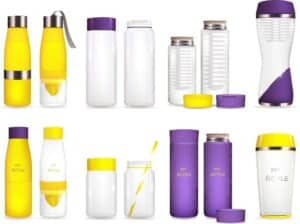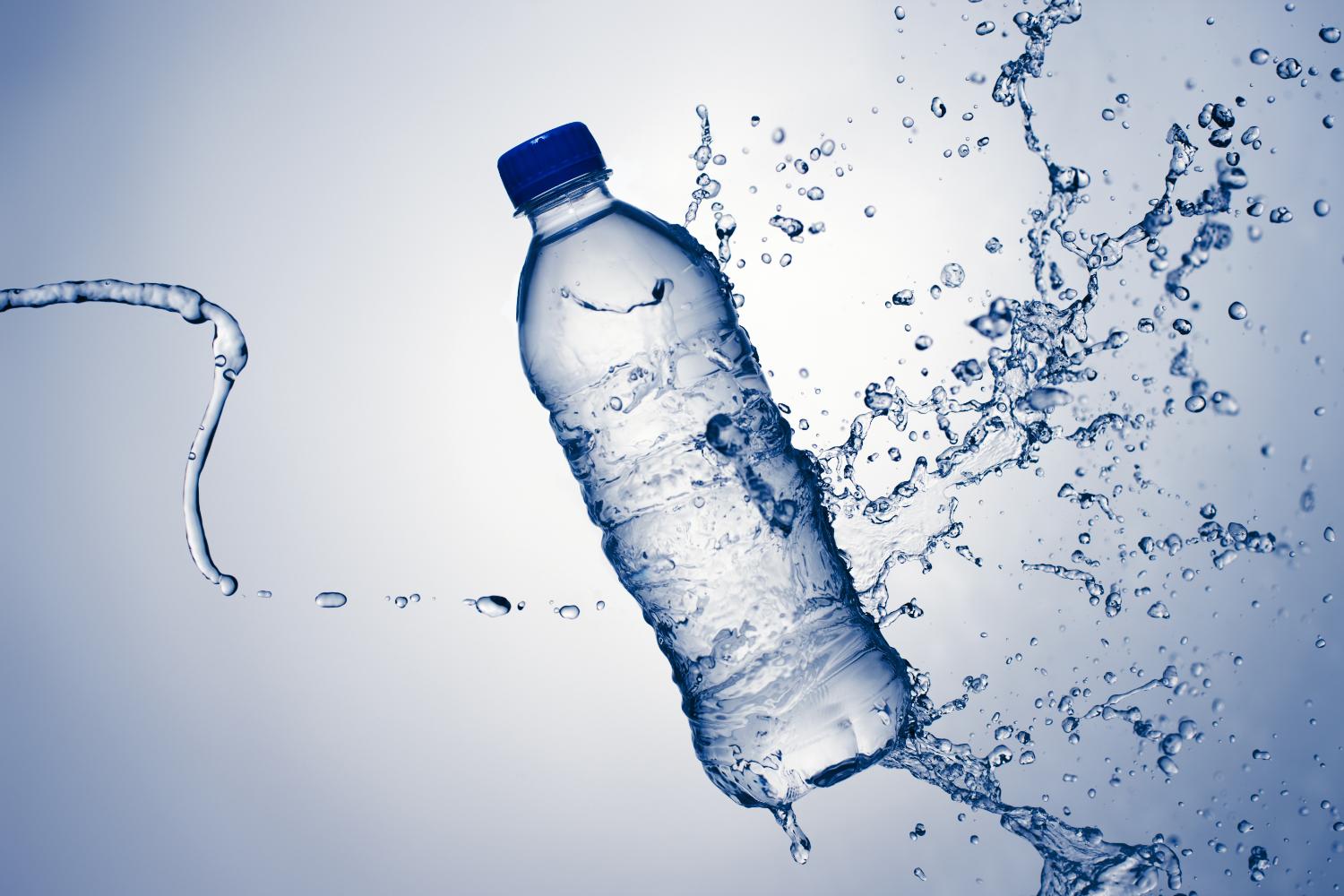How Does Bottled Water Expire?
Bottled water is a convenient and affordable way to get a large amount of water on the go. It is also a good choice for camping trips or emergency situations where the local water supply may be unsafe to drink.
(Looking for portable water filtration system? Contact us today!)

When purchasing bottled water, be sure to look for a label that states where it came from. If the water comes from a private well or spring, this information should be listed on the label. If the water has been treated with chemicals, such as fluoride, this should be indicated on the label.
You can find bottled water at most grocery stores, and it is available at many restaurants and cafes. The FDA regulates bottled water and sets strict standards for its production and distribution.
There are many different kinds of bottled water, and it depends on where it comes from. Most bottled water is drawn from a public or private source, such as a spring or natural pond. The water is then filtered through filters or a reverse osmosis process.
Some bottled water may contain added ingredients, such as chlorine or sodium. These are often used to disinfect the water or kill any bacteria or viruses that may be present.
Most bottled water comes in plastic bottles and has an expiration date printed on them. The expiration date is there to help consumers understand the shelf life of the product, just as it would be for milk or cheese.
The expiration date isn’t an indicator of a bad product; it’s simply a guideline to help consumers understand how long the product will last before it starts to taste or smell bad.
Expired bottled water isn’t unsafe to drink, but it may no longer taste very fresh. This is because chemicals in the plastic can leach into the water and affect its taste or smell.
If you’re concerned about the chemical content of your bottled water, choose a BPA-free bottle. It’s also important to store your bottled water properly so it doesn’t become discolored or cloudy, which can be harmful for consumption.
There are several reasons why bottled water may have an expiration date on it, including the need to keep it fresh for sale and because of safety concerns. If you’re unsure about the safe expiration date for your specific brand of bottled water, it’s best to contact the manufacturer for more information on its expiration schedule.
In 1987, New Jersey became the first state to pass a law requiring that all food products — including bottled water — have an expiration date of two years or less from the date they were manufactured. This led bottled water manufacturers across the country to begin printing an expiration date on their bottles.
However, this law was later changed, and no current legislation in the United States requires that bottled water manufacturers print expiration dates on their products.
While it’s not a good idea to drink bottled water that’s been past its expiration date, it’s still okay to drink as long as the plastic bottle hasn’t been damaged and you’re storing it in a cool place. It’s also safe to use in emergency situations, as long as you store it properly and follow other storage rules.

